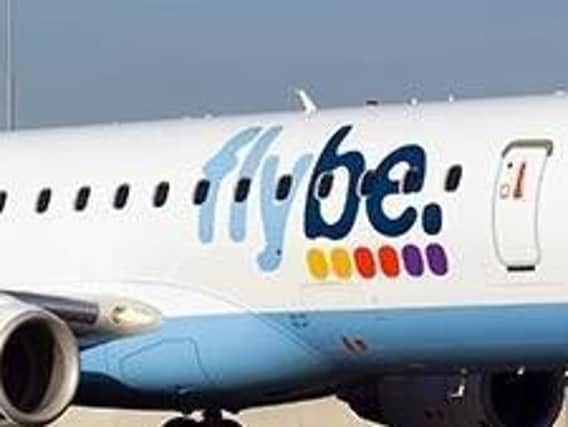Flybe has taken measures to ensure no repeat of nose-dive


The serious incident - that occurred at around 4.30 p.m. on January 11, 2018 - affected a plane that was carrying 44 passengers and 4 crew, none of whom were injured.
In its monthly safety bulletin for November the English Department for Transport's Air Accidents Investigation Branch (AAIB) reported that the operator had since taken several safety actions to ensure such an incident doesn't happen again.
Advertisement
Hide AdAdvertisement
Hide AdIn a statement the airline said: "Flybe maintains a rigorous approach to ensuring the very highest flying standards are maintained. We thank the AAIB for concluding its constructive investigation and report on the incident which took place on January 11, 2018.
"As reported by the AAIB, Flybe implemented remedial actions quickly in response to the incident and our training and procedures have been amended to minimise the risk of a reoccurrence.
"Flybe operates over 158,000 flights a year and the safety of our passengers and crew remains our number one priority."
In its report on the incident the AAIB stated: "After takeoff from Belfast City Airport, shortly after the acceleration altitude and at a height of 1,350 ft, the autopilot was engaged.
Advertisement
Hide AdAdvertisement
Hide Ad"The aircraft continued to climb but pitched nose-down and then descended rapidly, activating both the 'don’t sink' and 'pull up' Terrain Awareness and Warning System (TAWS) and Enhanced Ground Proximity Warning System (EGPWS) warnings.
"The commander disconnected the autopilot and recovered the aircraft into the climb from a height of 928 ft.
"The incorrect autopilot ‘altitude’ mode was active when the autopilot was engaged causing the aircraft to descend toward a target altitude of 0 ft. As a result of this event the operator has taken several safety actions including revisions to simulator training and amendments to the taxi checklist."